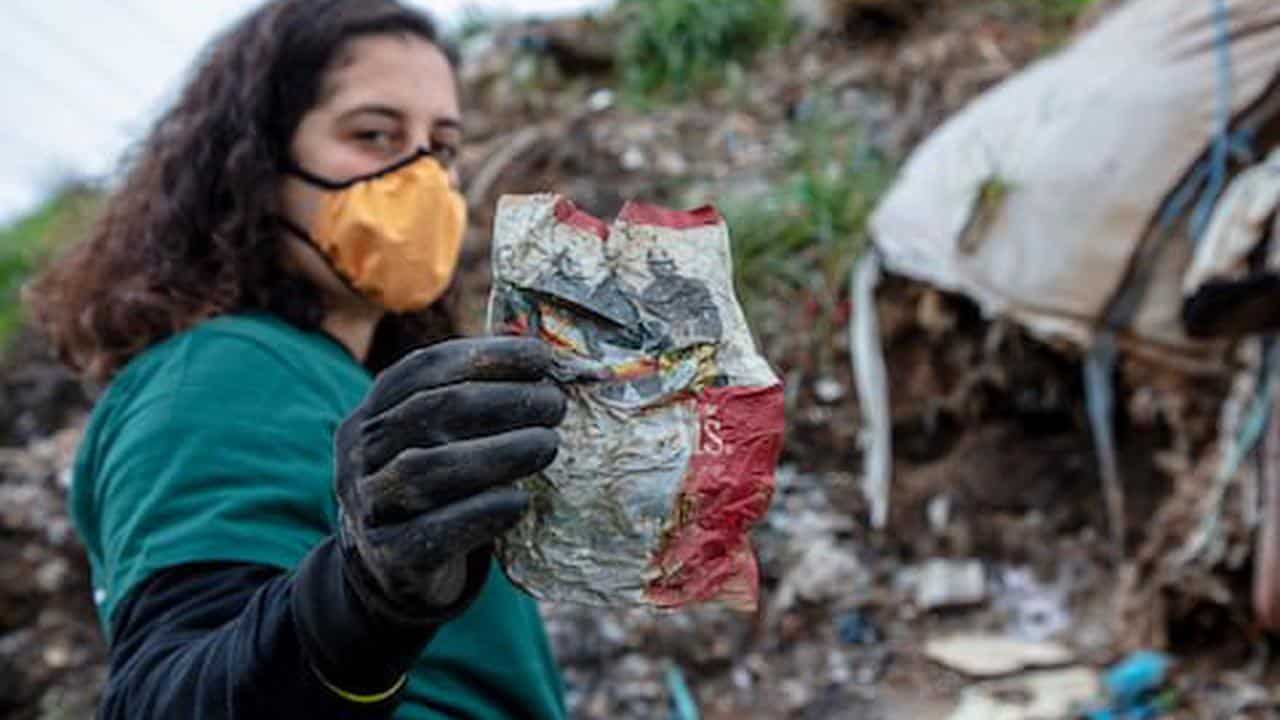-
Greenpeace investigation finds “shocking” images of waste dumped along beaches across Adana city
-
Turkey has been importing more plastic waste than any other country, 30% from the UK alone
The Turkish government has banned the importation of most types of plastic waste after an investigation by Greenpeace revealed improper dumping of recyclables from Britain and Germany.
Turkey has been a popular destination for plastics after China banned importation in 2018. In its investigation, Greenpeace found plastic shopping bags from the United Kingdom in dumps and burned on beaches across the southern city of Adana.
Following the findings, the Turkish Minister of Trade removed several polymers from the waste products that were allowed in the country. Media reports citing Greenpeace Mediterranean said 74% of the plastic waste imported by Turkey will now be on the banned list.
Despite a recycling rate of only 12 percent, Turkey has been importing more plastic waste than any other country, 209,642 tons alone in 2020, including 30% of the total plastic waste exports from the United Kingdom. About 241 trucks of plastic waste come to Turkey every day from all over Europe, 20 times more than was imported in 2016.
Investigators found plastic packaging from Tesco, Asda, Co-op, Aldi, Sainsbury’s, Lidl and Marks & Spencer discarded, left in bags or burned besides plastics from retailers such as B&Q, Debenhams, Poundland and Spar.
Greenpeace called the images it obtained “shocking.”
German plastics uncovered in the dump included bags from Rossmann, Snack Wurfel, Ja! and peach water packaging.
On the Mediterranean coast, researchers found scattered British plastic, including toilet paper wrappers.
“People have been appalled to see images of U.K. household waste dumped and burned in Turkey. The U.K. government must put a stop to our plastic waste impacting other countries,” Sam Chetan-Welsh, the political campaigner at Greenpeace U.K. said.








